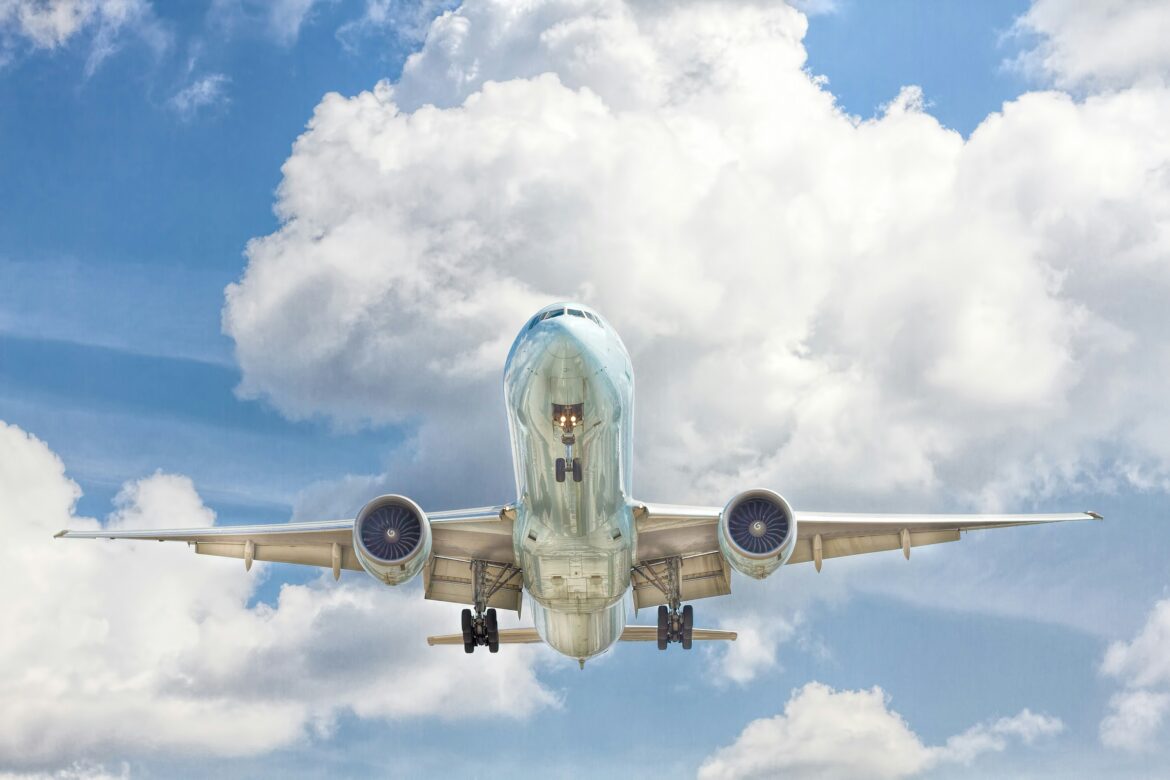A new report on sustainable aviation fuel (SAF) by the Institute for Policy Studies looks at the claims made by the aviation industry and the reality behind them. The report, Greenwashing the Skies – How the Private Jet Lobby Uses “Sustainable Aviation Fuels” as a Marketing Ploy, concludes that “largely, so far,” these fuels are a “false solution.”
The report outlines that SAF technologies are not moving at the speed of climate change, and no realistic or scaleable alternative to kerosene-based fuels currently available would meet current aviation needs or projections of future growth.
The report also concludes that scaling up SAF production could work against climate emission reduction goals, noting that SAFs still emit CO2, and sometimes more than regular aviation fuel.
Accompanying agricultural land use changes could also threaten global food security, and undermine reforestation efforts, the report says.
Further, it states that realistic increases in SAF production are decades off, and to meet the 2050 target of 35 billion gallons, production would have to increase 227,400 per cent over 2022 production levels.
Moreover, it outlines that the aviation industry has a twenty-year history of missing benchmarks it set for itself for SAF production.
For example, in 2007, the International Air Transport Association (IATA) announced that within a decade, SAFs would account for 10 per cent of all jet fuel consumed by the aviation sector, which was never met.
Likewise, it predicted SAFs would hold a 3 per cent market share by 2020. However, it currently accounts for just 0.2 per cent of the total jet fuel supply.
It also notes that the aviation industry is “already lobbying to weaken standards and sustainability definitions.”
The report makes a number of recommendations:
- More independent research on the viability of sustainable aviation fuels,
- Reject the inclusion of ethanol-based fuel as a SAF,
- More severe penalties for greenwashing/false advertisement,
- Ensure private jets pay their real costs: Increase private jet fuel taxes,
- Institute a “short hop” surcharge for private aviation,
- Ban short hop flights,
- Levy a transfer tax on private jet sales and resales,
- Invest in sustainable public transportation,
- Increase transparency of private jet ownership and flying activity,
- Eliminate tax benefits for private jets, and
- Stop new private jet expansion and infrastructure projects.
The report notes that calling out SAF as a “false solution,” is not to dismiss that there are “real possibilities” for aviation decarbonisation.
“We know, for example, that electrification of small short-range aircraft is a real option that can be scaled up in the coming decade. And there may be real possibilities with green hydrogen, synthetic fuels, and other innovations,” the report reads.
Read the full greenwashing report here.



